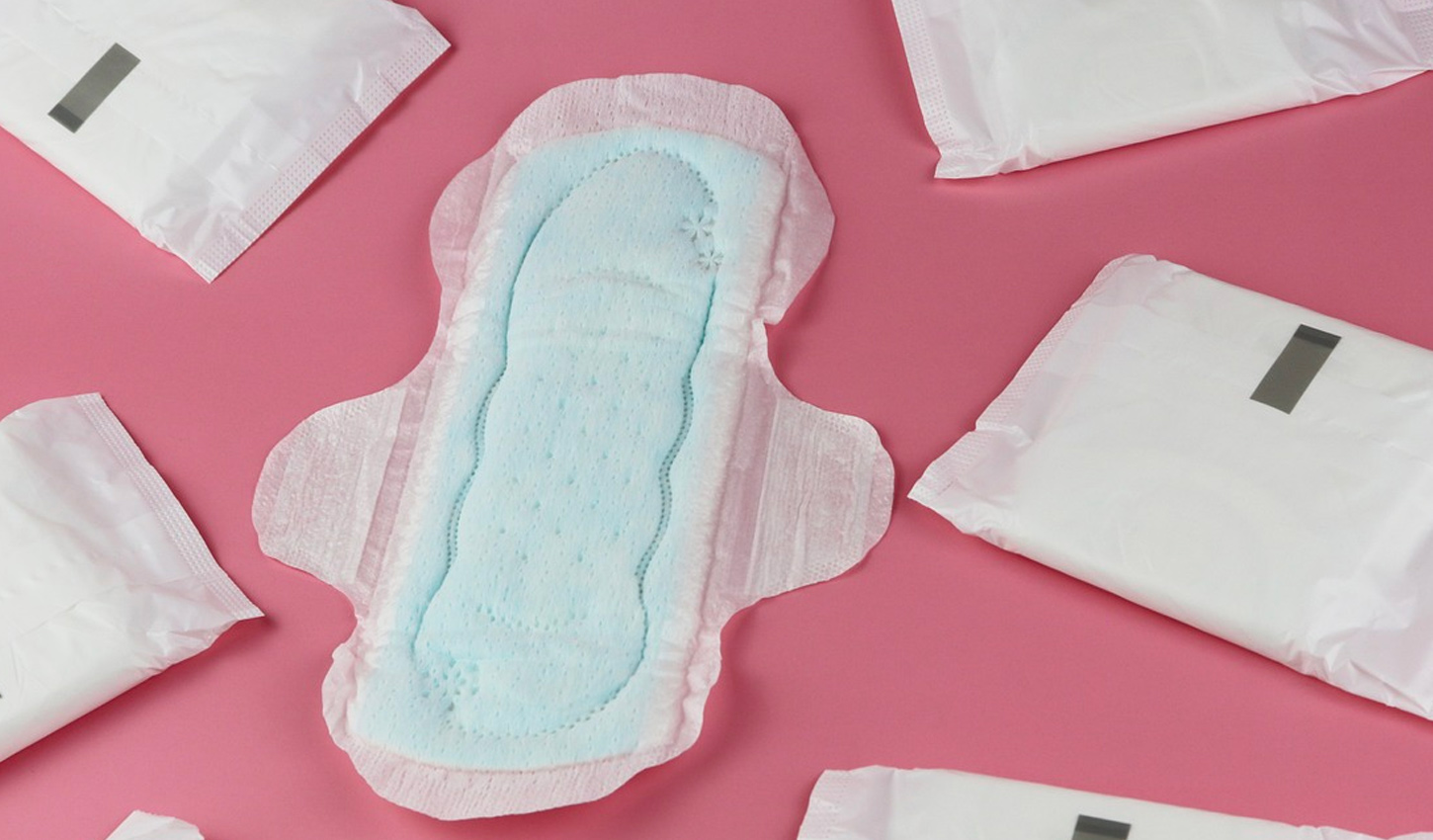The dilemma of having a menstruation cycle is especially a torture feeling for women. According to Medical News Today, young girls experience menarche, or their first menstrual period between 8 and 15 which typically lasts between 3 to 7 days.
Menstruation normally causes breast swelling and tenderness, tension, bloating, acne breakouts, leg, back, or stomach, cramping, and premenstrual syndrome. These pains are too painful for women to handle, let alone the incapability of other women to buy menstrual products.
Recently, a bill that addresses this problem has been filed in the Senate by Senator JV Ejercito which aims to give female students and women free access to menstrual products.
Senate Bill 2475 emphasizes women’s right to have accessible and affordable menstrual care products that might have been overlooked in the long run.
If the bill will be passed into law, the Department of Education will be mandated to provide free menstrual products to female students while the Department of Health is also directed to provide the same in every Barangay Health Center for its distribution to those who do not have the ability to purchase menstrual products.
According to Ejercito, vice chairman of Senate health and demography committee, it is now the time to advocate for the normalization of menstrual health and hygiene needs of menstruators from our country and prioritize the health of our girls and women by providing free-of-charge menstrual products to public school students and made available in public health centers.
Ejercito also stressed that insufficient discourse on menstrual health has caused discrimination and stigma to some of young Filipinos which prompts them to miss school not only due to shame and embarrassment but also due to unaffordability.
The senator added that cultural practices and taboos around menstruation have made great negative impact on the lives of girls and women, thus tackling gender inequality and exclusion globally. He then mentioned the World Health Organization’s call for the recognition of menstrual health as a health and human rights issue.
He furthermore discussed that when women are provided with equitable access to safe and free menstrual products, they decrease the risk of infection which have an effect on their sexual and reproductive health, including reducing teenage pregnancy and preventing urinary and reproductive tract infections.
According to the statistics that he cited from the United Nations International Children’s Emergency Fund’s (UNICEF), on any given day, a total of 800 million people who are menstruating and yet girls and women in underprivileged communities experience period poverty.
If implemented, the Philippines will follow the lead of Scottland which already began applying this law and providing free menstrual products for women.

